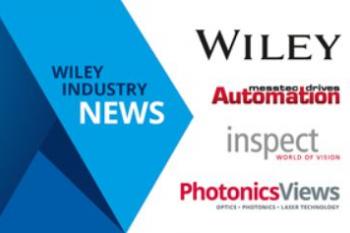Using qudits instead of qubits
27.07.2023 - Project Qugantic to build and test a prototype and alike of the hybrid integrated PIC based on quantum digits.
The innovative target is the first quantum computer using qudits, which have more than two states as opposed to qubits with only a 0 and 1 state. This is generated by quantum frequency combs with the potential to execute operations in a reduced number of steps and provide the first scalable PIC quantum computer.
The Qugantic project supported by the EU/EIC has officially launched with a kick-off meeting that took place in April at Aarhus University in Denmark. Five members of the project team from three countries discussed the start of the project and plan for the first milestones. The name is an abbreviation for “Quantum-generative adversarial networks with photonic integrated circuits”.
The project proposes a science-towards-technology breakthrough in scalable data loading and learning with quantum processors, based on a novel concept of hybrid integration on a single photonic integrated chip (PIC).
Storming and penetrating the market today is generative AI. This is a type of artificial intelligence system capable of generating text, images, or other media in response to prompts. Generative AI models learn the patterns and structure of their input training data, and then generate new data that has similar characteristics. In that are generative adversarial networks (GANs), which are a class of machine learning frameworks and prominent frameworks in approaching generative AI.
Learning distributions of data and generating artificial samples is a formidable task for classical computers. We will use our novel qudit PIC platform to demonstrate that so-called quantum generative adversarial network scan solve this task far more accurate and efficient than classical systems.
The project comprises of five partners from three countries: QuiX Quantum (Netherlands) and Kvantify (Denmark) as SMEs, and Aarhus University (Denmark), Gottfried Wilhelm Leibniz University Hannover (Germany), Technical University Eindhoven (Netherlands) as academic organizations.
Contact
Quix Quantum B.V.
Hengelosestraat 500
7521 AN Enschede
Netherlands
+31 53 4836-444





